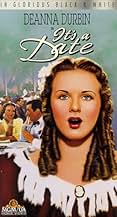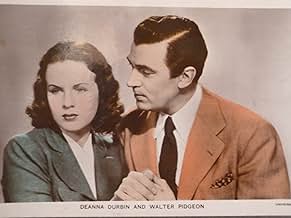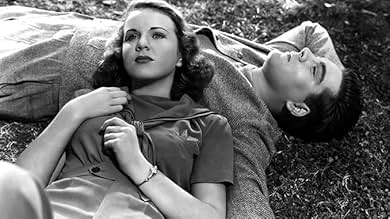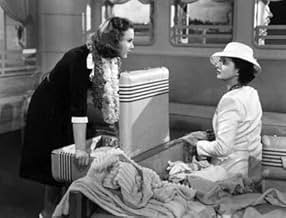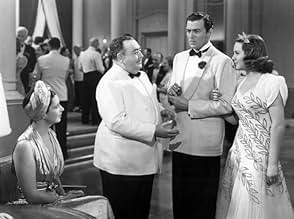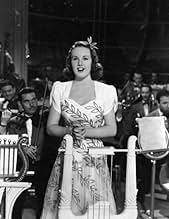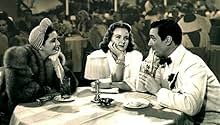Aggiungi una trama nella tua linguaAn aspiring actress is offered the lead in a major new play, but discovers that her mother, a more seasoned performer, expects the same part. The situation is further complicated when they b... Leggi tuttoAn aspiring actress is offered the lead in a major new play, but discovers that her mother, a more seasoned performer, expects the same part. The situation is further complicated when they both become involved with the same man.An aspiring actress is offered the lead in a major new play, but discovers that her mother, a more seasoned performer, expects the same part. The situation is further complicated when they both become involved with the same man.


